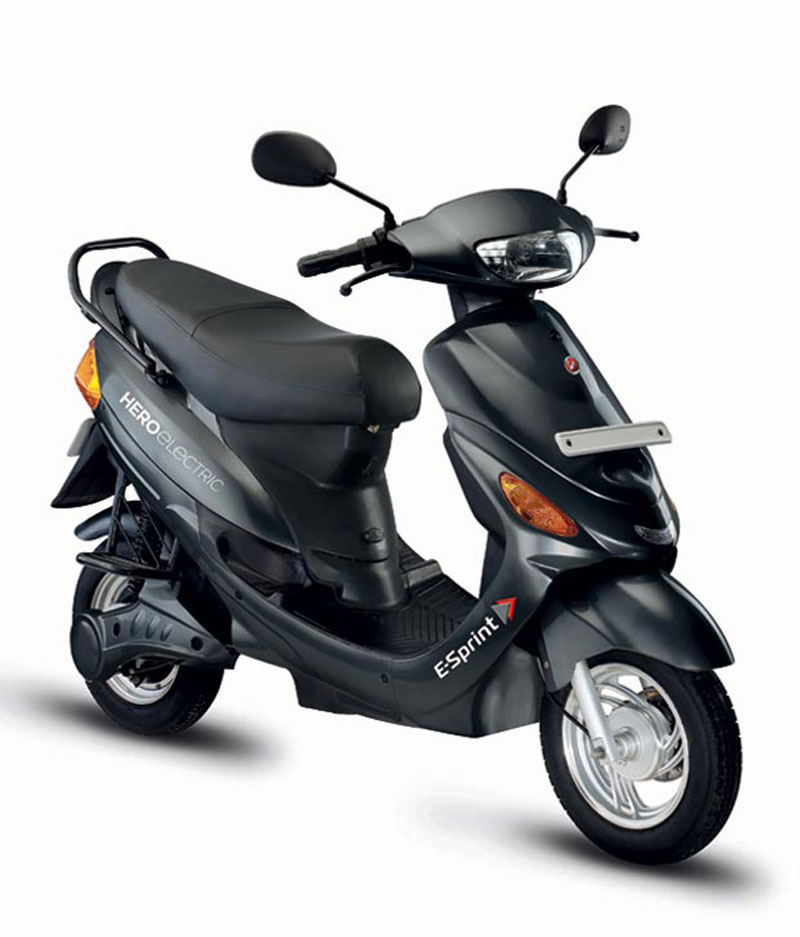Lack of required infrastructure dash EV traders’ hopes
Kathmandu, October 15
Despite substantial reduction in customs tariff introduced through the fiscal budget of 2016-17, the sales of electric vehicles (EVs) have not accelerated in the domestic market due to lack of required infrastructure.
EV dealers were highly encouraged after the government’s policy departure to promote electric vehicles following the fuel crisis. But the delay by the Department of Transport Management (DoTM) in issuing route permit for public vehicles have poured cold water on their hopes of a booming business.
Similarly, the DoTM has not yet assessed the number or type of EVs — micro bus, three-wheelers and buses — that need to be licensed along different routes in the major cities, including Kathmandu Valley.
The Electric Vehicles Association of Nepal (EVAN) had submitted a report to DoTM a year back identifying the routes and the potential number of EVs that could be allowed to ply the determined routes in the Valley, but the department has not yet made any decision in this regard, according to Umesh Raj Shrestha, president of EVAN.
Senior officials of DoTM, however, claim that the department will soon open the route licensing for the EVs.
As per a study of EVAN, based on the current flow of vehicles and passengers, Kathmandu Valley can accommodate around 350 electric three-wheelers and 200 electric buses on the primary and secondary routes.
But then, the government has not initiated any works to set up charging stations for the EVs. EVAN has proposed to DoTM to develop an EV hub at Minbhawan, behind the DoTM office, where Nepal’s first trolley bus office is located.
Without required facilities like charging stations, battery changing stations and proper locations for battery disposal, it will be difficult to encourage EVs in the country, as per Shrestha. “Simply reducing tariff in imports is insufficient to promote EVs in the country,” he added.
The fiscal budget 2016-17 has minimised customs tariff of big electric vehicles (bus, minibus) normally used as public transportation to one per cent (of the total cost) from 30 per cent earlier. Similarly, electric four-wheelers used for individual purpose like jeeps, cars and vans need to pay only 10 per cent customs tariff against 30 per cent in previous years.
The government, however, has not revised customs tariff of electric scooters — 10 per cent. The government also scrapped the provision of excise duty on electric vehicles from this fiscal. Apart from this, electric vehicle owners need not pay vehicle tax and there is provision of 50 per cent discount on road maintenance tax. Petrol and diesel engine vehicles have to pay seven per cent of the total cost as road maintenance tax.
Along with enforcement of the new tariff, an electric car that used to cost around Rs 1.4 million now costs only around Rs one million, according to traders.
As per EV traders, electric cars that are in use in the country travel 120 kilometres on a single charge and electric scooters travel around 60 to 80 km on one charge. Mostly REVA (Indian) and NEVI (Chinese) cars are popular EVs in Nepal. Recently, a Nepali company, Hulas Motors in Biratnagar, a subsidiary of Golchha Organisation, introduced a new model electric car named ‘Da vinci’. The company has fixed its price at Rs 1.4 million. As per EVAN, there are around 300 electric cars and 2,000 electric scooters in use at present.






